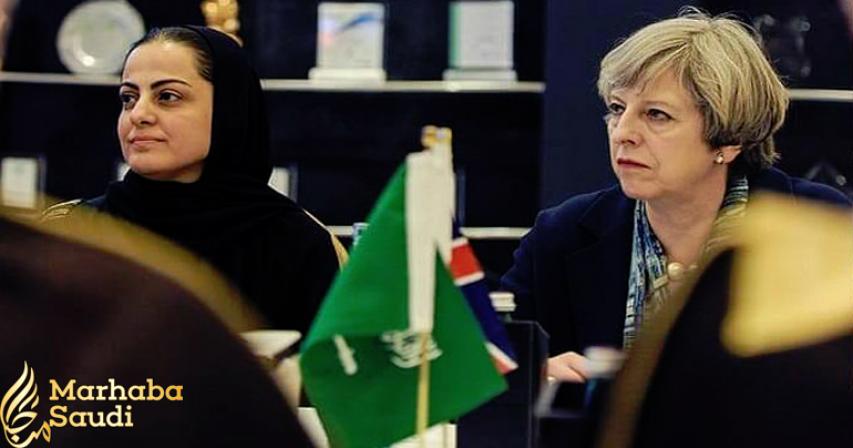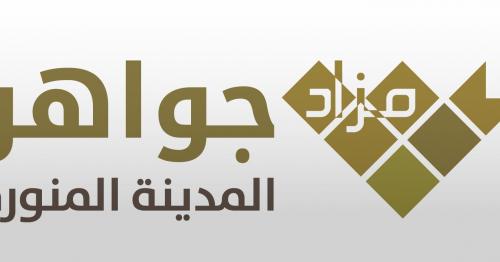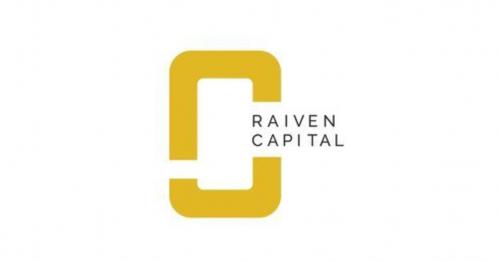Rania Nashar: Saudi Arabia’s First Female CEO Of A Commercial Bank

Publicly, it happened overnight. Within the space of a few hours, the name of Rania Nashar name went from one little known outside the insular Saudi Arabian finance industry to a clicked and hash-tagged global news item anointing the first female leader of a listed Saudi commercial bank.
Privately, however, Nashar’s ascension to CEO of Samba Financial Group was a journey 20 years in the making marked not by meteoric rise but by slow, persistent advancements.
When she joined Samba in 1997, Nashar’s biggest professional concern was Y2K, the phantom digi-pocalypse that never was. Now, overseeing real assets in excess of $61 billion, Nashar must lead Saudi Arabia’s third largest financial institution through a sluggish economic climate while the Kingdom’s leadership pursue historic reforms—all under the glare of newfound spotlight.
Nashar’s appointment is more than a mere management change. “This is big,” said Lubna Qassim, an Executive Vice President at Emirates NBD and a member of the 30% Club’s GCC chapter which advocates for broader female inclusion in business.

“This needs to be celebrated in every form, because this is how we demonstrate to young women (and men) in the region that there is no limit to your dreams and becoming a CEO is a career option not only limited to men”.
In her own telling, however, Nashar’s career at Samba has been defined less by gender than by the bank’s evolution. When she came on board, Samba was a Citibank affiliate with Wall Street-style culture and a largely brick-and-mortar business model in keeping with the times.
“The consumers were more focused on the classic banking where they come in and have to meet someone with a suit at a brown desk—this classic conventional banking,” Nashar recalls.
After working on the merger with United Saudi Bank in 1999 made Samba one of the largest financial institutions in the Middle East, Nashar flexed her degree in Computer Science and Technology from King Saud University to develop digital services for the expanding business.
In 2003, Citibank terminated its Technical Management Agreement with Samba and the bank became a Saudi institution, fully exposed to both the advantages and adversities of the Kingdom’s oil-based economy. Nashar recalls 40 days of almost nonstop work between Citibank’s announced departure and their offices clearing out.
Riding the tide of the Kingdom’s steady economic growth and relatively stable oil prices, Samba’s assets grew over the following decade from $25.3 billion to $57.8 billion in 2014.
Nashar’s career followed suit: she was tapped to lead major projects, which included building a centralized regulatory compliance department and developing company-wide anti-money laundering strategies while serving as as the bank’s Head Compliance Officer.
During these boom years Samba expanded regionally, acquiring assets in Pakistan and opening branches in Dubai, Qatar and the U.K.
But the global crude glut and resulting low oil prices witnessed since 2014 recent years have taken a toll on the Saudi economy as the long-flush government grows accustomed to a tighter belt. The government’s slimming checkbook translates to a pared down loan book for national banks, including Samba.
Samba’s “balance sheet growth has slowed down markedly over the past year, down to the low single digits,” says Murad Ansari a Managing Director of Financial Research at EFG Hermes.
was amid this uncertainty that Nashar was called into a meeting with the bank’s Chairman, Eisa Mohammed Al-Eisa, and told she was being nominated for the position of CEO. After thinking for a moment, Nashar describes her reaction to the news in one word: speechless.
Increasing responsibilities and managerial roles had set her on track for a senior position in the company, but Nashar says she had little inkling that she was under consideration for the role of CEO.
If Nashar’s surprise may be attributed at least in part to professional modesty, the lack of precedent was surely also a factor. Never before has a woman led a publically listed commercial bank in Saudi Arabia.
The dearth of women in executive positions at banks and financial institutions is far from exclusive to Saudi Arabia, Nashar quickly points out. “All over the world, you don’t see the inclusion of females on the boards or the senior positions across the financial sector.”
...[ Continue to next page ] / Source: forbesmiddleeast






Comments